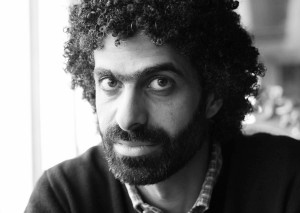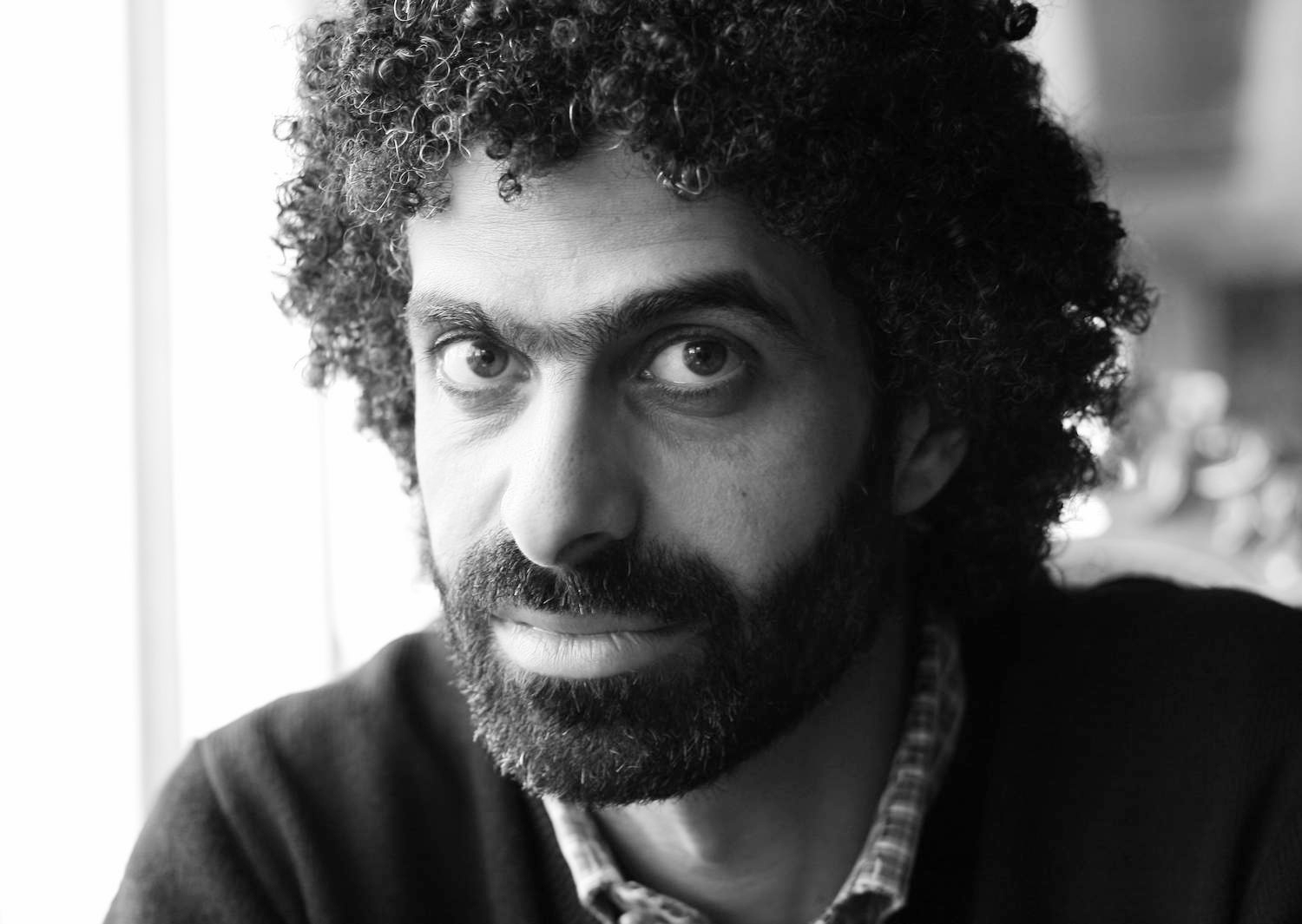
Fascism is a political philosophy, movement or regime that exalts nation or race above the individual and stands for a centralised government headed by a leader, severe economic and social regimentation, and forcible suppression of opposition. Such practices characterised the Egyptian state since the 1952 military coup with slight differences before and other differences following the January 25th Revolution.
In my opinion, which many might disagree with, all governments are fascist with different degrees between classical dictatorships and developed democracies.
Oppressing opposition in our part of the world is pure fascism. Strict and racist state behaviour against migrants and minorities in Europe is also fascist, but to a different degree and with good PR.
Apparently, in modern man’s models of statesmanship, fascism might be unavoidable. However, we as people and societies always have to fight for our ultimate utopian goal of living in a world free of fascism.
In Egypt, fascism in its simplistic definition has prevailed for more than 60 years. Egypt under Nasser, with all its achievements and failures, was a fascist state. Sadat’s and Mubarak’s states were fascist. The great January 25th Revolution got rid of a ruthless fascist and replaced him with two others, military and religious.
It was not until Egypt’s modern history that God became a factor in a politically fascist equation, where opposing the Muslim Brotherhood suddenly became blasphemy. Luckily, the Brotherhood’s rule is over, and now we are back to “normal fascism” that has no Godly powers.
However, what is much more dangerous than state fascism is social fascism. That kind of oppression is one that becomes a popular practice implemented directly by citizens against their own fellow citizens. It is not the first time we have seen the average Egyptian behaving this way, but it reached an unprecedented peak following the fall of the Brotherhood due to the second revolutionary wave on 30 June that the “new military” supported.
Assaulting random conservative looking citizens, bearded men and niqabi women, in the street is fascism. Arresting and humiliating the Salafi figure and controversial TV presenter Sheikh Mahmoud Shaaban, who I believe should be on trial for inciting hatred, by ordinary people in Tahrir Square is fascism.
In the other camp, capturing and torturing anti-Morsi protesters by his supporters in their two sit-ins (Al-Nahda and Rabaa) is fascism. The abuse of children and their use as human shields by Morsi supporters is traumatising and fascistic. Assaulting journalists by Morsi loyalists is also fascism.
The growing fascist behaviours are many and varied, but the motive is one: defending the state. It is an act taken by the hands of ordinary citizens, and it is a symptom of a failed state.
There is a difference between social violence and social fascism. The first was expected since it was clear a few months ago that the Brotherhood would fall. It is a human feeling of anger in reaction to losing power or experiencing defeat. However in social fascism, where anger is also a dominant motive, there is a sense of persecution that a society grants for itself or receives from the ruler. In today’s Egypt, it might be both.
Fascism in all forms, state or social, should be constantly fought against. However, social fascism has an urgent priority, before it is too late.
There should be an immediate condemnation by all political entities and influential media figures of such practices. The state itself should seriously and immediately engage in playing its legal role as the prosecutor to put such social fascists behind bars, according to the rule of law.
Looking for the sources of such vigilante behaviour by average citizens is essential as well. I claim it is due to the pathetic language used by the military calling Al Moatenoon Al Shorfaa – the honourable citizens – for support. It happened during Maspero massacre in 2011 and happened again last month demanding a “mandate from the people” to fight terrorism by protesting in the street. Al Moatenoon Al Shorafaa are becoming a threat to the social peace and the rule of law in this country.
Lastly, we have to go back to the real reasons behind the lack of stability in post-Mubarak Egypt. We have to understand, digest and submit to what is called transitional justice in revolutionary dynamics. There will be no real stability or social peace before justice is met. There will be no progress before having all those who committed crimes against the people face real trials, whether they acted under Mubarak, the military or the Brotherhood. The more we wait the longer and more complex the list gets.
We have to understand that in the absence of justice, social fascism can quickly grow like a summer fire in the forest, and it will take ages for the green to prevail again.


